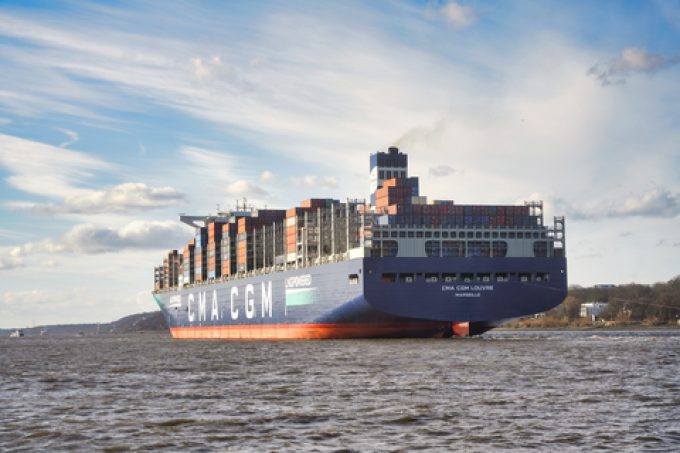OOCL Q2 25 update: more volume carried, but revenues decline
Cosco-owned OOCL today reported second-quarter volume and revenue figures which appear to show the Hong ...

CMA CGM is committing to running at least seven of its new ships on bio-gas, a low embodied-carbon alternative to LNG, which it claims can reduce CO2 emissions by 67%.
The four 7,300 teu vessels and three 7,900 teu vessels are not, as has been widely ...

Comment on this article